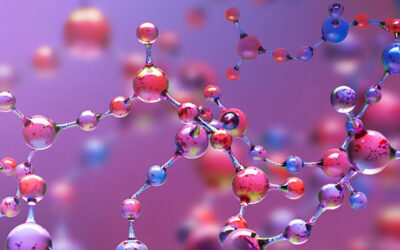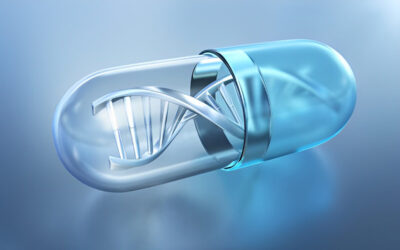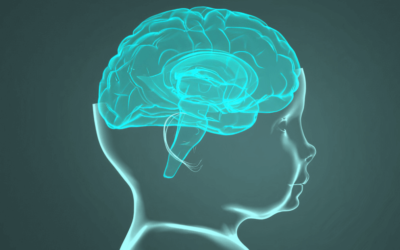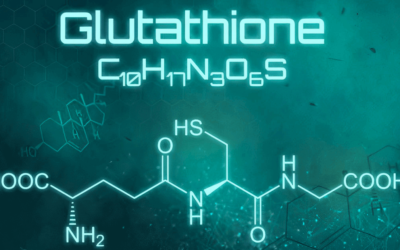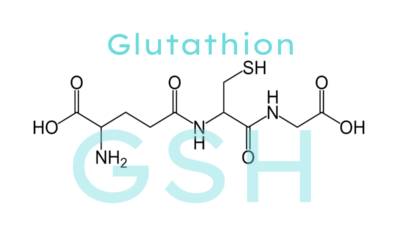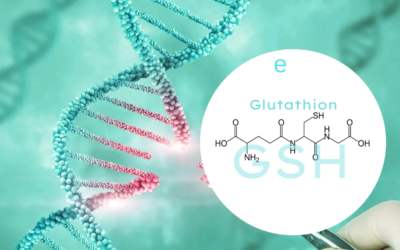Detoxification
Evidence-based information
Detoxification and Autism
In recent years, the field of autism research has seen a growing interest in understanding the potential connection between the body’s detoxification processes and the development of autism spectrum disorders (ASD). While the exact cause of autism remains elusive, a multifactorial approach to understanding its origins has led researchers to explore various avenues, including the role of detoxification in the body.
Detoxification is the body’s natural process of eliminating harmful substances and waste products, including environmental toxins, heavy metals, and metabolic byproducts. It primarily involves the liver, kidneys, and gastrointestinal system. The liver, in particular, plays a central role in detoxification by breaking down toxins and rendering them less harmful before they are eliminated from the body through urine or feces.Research exploring the relationship between detoxification and autism has primarily focused on several key areas:
1. Toxic Exposures: Numerous studies have investigated whether prenatal and postnatal exposure to environmental toxins, such as heavy metals (e.g., mercury, lead), pesticides, and air pollutants, may increase the risk of autism. While some studies have reported associations, more research is needed to establish a direct causative link.
2. Genetic Factors: Certain genetic variations related to detoxification pathways have been identified in individuals with autism. These genetic factors may affect how efficiently the body processes and eliminates toxins, potentially contributing to the development of ASD.
3. Oxidative Stress: Research has shown that individuals with autism often exhibit elevated levels of oxidative stress, which can result from an imbalance between the production of free radicals and the body’s antioxidant defenses. Oxidative stress is closely linked to detoxification processes and may play a role in autism’s pathogenesis.
4. Gastrointestinal Dysfunction: Many individuals with autism experience gastrointestinal (GI) symptoms, and emerging research suggests a connection between GI issues and detoxification. Impaired gut function may affect the body’s ability to eliminate toxins effectively, potentially contributing to ASD symptoms.
5. Immune System Involvement: The immune system is intricately linked with detoxification, as it helps identify and eliminate foreign substances. Some studies have suggested that immune dysfunction may be a contributing factor to autism, further highlighting the connection between the body’s defense mechanisms and this developmental disorder.
There is increasing evidence for the link between Heavy metals and Autism. Heavy metal contamination has been implicated in developing mental disorders and physical illness. Since it can lead to developmental disorders like autism, knowing where your child gets their food and medicine is important. Additionally, it’s important to monitor your child’s exposure to contaminated foods and environments as they age so they can learn healthy behavior habits early on in life.
Oxidative stress refers to an imbalance between the production of reactive oxygen species (ROS) and the body’s ability to neutralize and eliminate them through antioxidant defenses. It has been proposed that oxidative stress may play a role in the development and manifestation of autism.
Studies have shown elevated levels of oxidative stress markers in some individuals with autism.
Autism Severity Linked to Toxic Metal Body Burden and Low Glutathione Levels
Recent research from J. B. Adams et al has identified a possible link between the severity of autism and levels of toxic heavy metals in the body and low levels of the antioxidant glutathione in red blood cells. This new information has huge implications for...
Glutathione synthesis
Here you can find the detailed step-by-step description of glutathione synthesis.[dsm_block_reveal_text block_reveal_text="Step 1: Methionine cycle" block_reveal_color="#5FB6B7" module_id="#gaba" _builder_version="4.21.0" _module_preset="default"...
Genetics and Vitamin B12: The Importance of B12 in Health
Vitamin B12, also known as cobalamin, is a vital nutrient that is essential for maintaining a healthy body. B12 acts as a cofactor in many important biological reactions, including the synthesis of DNA and the formation of the myelin sheath in nerve cells. However, a...
How an Imbalanced Redox Signaling contributes to Neurodegenerative Conditions
Redox signaling is an important process that helps regulate and maintain cells and tissues. However, when redox signaling is imbalanced, it can contribute to the development of neurological and neurodegenerative conditions. In this blog post, we will explore how an...
Glutathione deficiency
Glutathione, an antioxidant molecule found naturally in the body, has become increasingly studied as a potential treatment for autism. Recent studies suggest that glutathione may play an important role in the development of autism and other neurological disorders,...
Unraveling the Genetics of Autism: The Epigenetic Connection
Autism Spectrum Disorder (ASD) remains a complex and enigmatic condition that has intrigued researchers for decades. Understanding the genetic basis of autism is crucial for advancing our knowledge and developing effective treatments. In this article, we delve into a...
Environmental Toxins and Their Impact on Neurotransmitters
Environmental Toxins and Their Impact on NeurotransmittersEnvironmental toxins, such as pesticides, herbicides, air pollution, heavy metals, and chemicals commonly found in household products like cleaning agents, cosmetics, perfumes, air fresheners, personal care...
Levels of glutathion
The Power of Glutathione in Autism Spectrum DisordersGlutathione is a powerful antioxidant found in the body, and a new clinical trial is exploring its potential to help those with autism spectrum disorders. Recent research suggests that glutathione levels are often...
The NRF2 Pathway: How to Increase Your Body’s Ability to Get Rid of Toxins
The NRF2 Pathway is a powerful mechanism within the body that helps us to get rid of toxins. It is a vital part of our natural detoxification process, and is especially important in keeping our bodies healthy and free of toxins. By understanding the NRF2 Pathway and...
How GABA and Glutamate affect glutathione levels
Gaba and glutamate are two neurotransmitters in the brain that can affect glutathione levels. Glutathione is a powerful antioxidant that helps to protect cells from damage. It also plays an important role in many metabolic processes, such as detoxification and energy...
Glutathione Redox Imbalance Linked to Autism Spectrum Disorder
Glutathione is an important antioxidant in the body that helps to protect cells from damage caused by oxidative stress. Imbalances in the levels of glutathione have been linked to several neurological disorders, including autism spectrum disorder (ASD). Studies have...
Oxidative Stress May Be Linked to Autism
Research suggests that there may be a link between autism and oxidative stress. A recent study found that metabolic endophenotypes and genotypes associated with autism are associated with higher levels of oxidative stress in children with the disorder. This is an...
Glutathione
Glutathione is the body’s most important antioxidant, found in every single cell. It is also called a "master antioxidant" because it exerts its effects within cells and its unique ability to maximize the effects of all other antioxidants, including vitamins C and E,...
The glutathione precursor
N-Acetyl-L-Cysteine (NAC) is one of the most exciting antioxidant amino acids of our time. An anti-inflammatory agent, one of the precursors to glutathione, which referred to as a master antioxidant (1). That is why we recommend the combined use of our NAC and...




